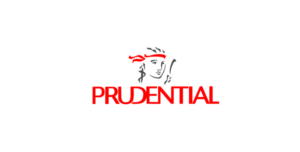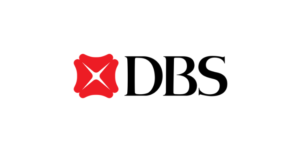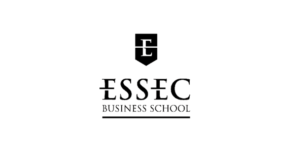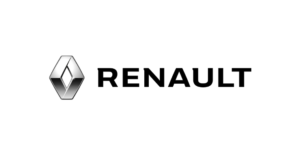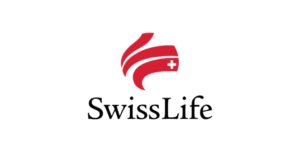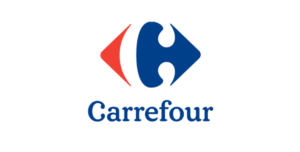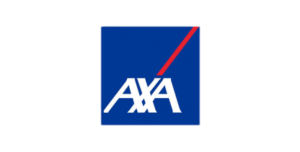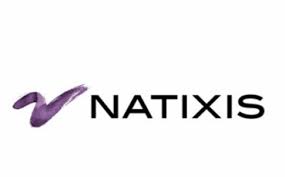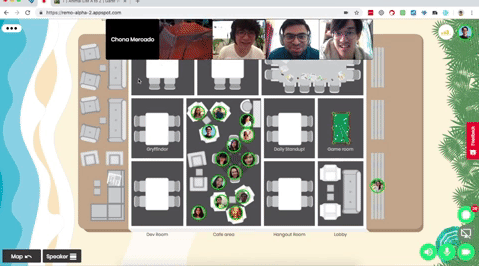-
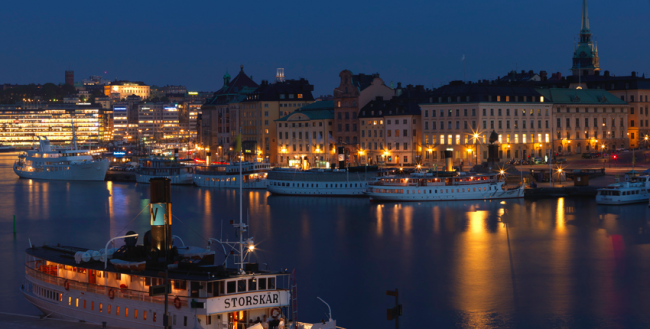 LEARNING EXPEDITION IN THE NORDICSExplore innovation technologies in the Nordic regionContact us
LEARNING EXPEDITION IN THE NORDICSExplore innovation technologies in the Nordic regionContact us
WHY EXPLORE THE NORDICS?
Beyond the Western European hubs of London and Paris, opportunities abound in the Nordic region for companies hoping to discover innovation in Financial Technology (Fintech), Health Technology (HealthTech) as well as renewable energy and more (CleanTech). We organise learning expeditions in the Nordics (Sweden, Norway, Finland), to help corporates stay ahead in a fast-moving globalised world.
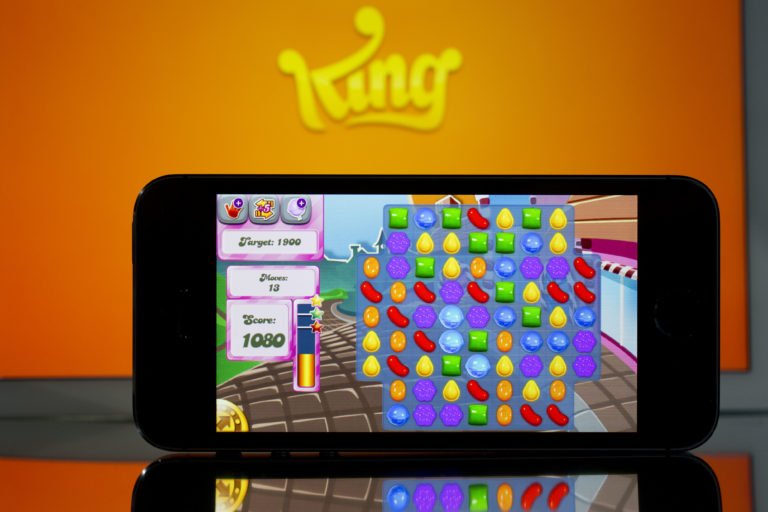
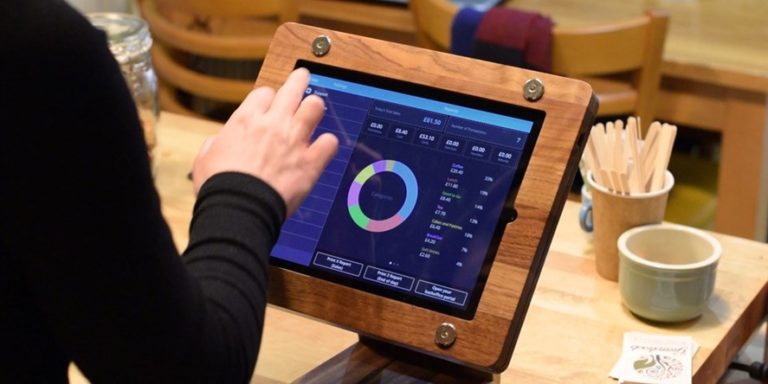
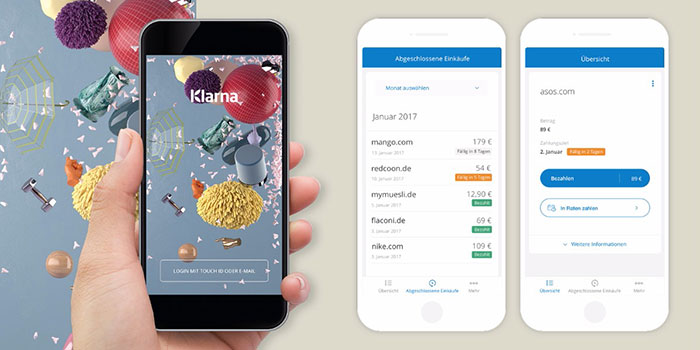
FINTECH HUB STOCKHOLM
#Fintech #PaymentSolution
Stockholm has established itself as one of Europe’s most successful startup hubs by having prominent tech successes such as game studio King Digital, the maker of viral video game Candy Crush, which sold in 2016 for US$5.9 billion (€5.1 billion) to American game company Activision-Blizzard; as well as two acquisitions from American tech company Microsoft for Mojang, the publisher of video game Minecraft, which sold for US$2.9 billion (€1.7 billion) and online video calling service Skype, that was acquired for US$8.5 billion (€7.3 billion). Coupled with recent developments such as the initial public offering of music-streaming service Spotify in the US that valued the company at US$26.5 billion (€22.9 billion), Stockholm benefits from experienced entrepreneurs and investors who are committed to growing the ecosystem further.
In the rapidly growing fintech sector of the Nordic region, Sweden is leading the industry, ahead of its neighbours. According to the Nordic Tech List, Swedish fintech companies locked in more than 75% of the total invested fintech capital in the Nordic region in 2017.
Two companies have been especially prominent in the space :
- iZettle is a fintech company that offers financial services to meet the needs of small businesses. It is best known for its card-reader aimed at small businesses, which enables them to receive credit and debit card payments. American payments company PayPal has since acquired iZettle for $2.2bn (€7.3) in 2018, a move aimed at boosting PayPal’s in-store presence at a time when competition in the online payments sector is increasing. With the completion of the acquisition in September 2018, PayPal now has an in-store presence in 11 markets in Europe and Latin America.
- Klarna provides payment solutions for 60 million consumers across 90,000 merchants in 14 countries. It offers customers the option for direct payments, pay after delivery options as well as instalment plans in a smooth one-click purchase experience that lets them pay when and how they prefer to. The startup has raised US$681.7 million (€589 million) from global companies such as payments provider VISA and clothing company H&M.
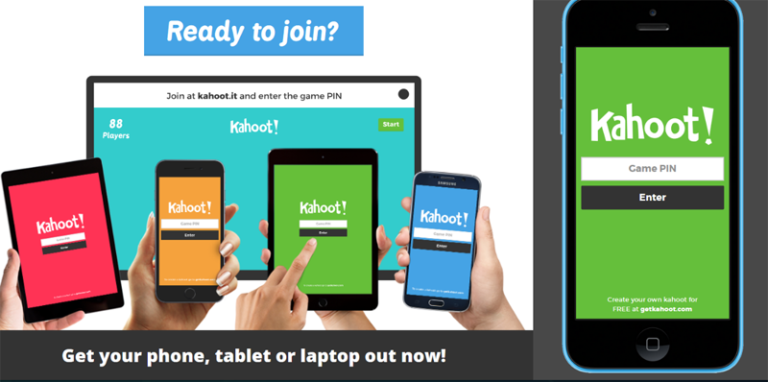
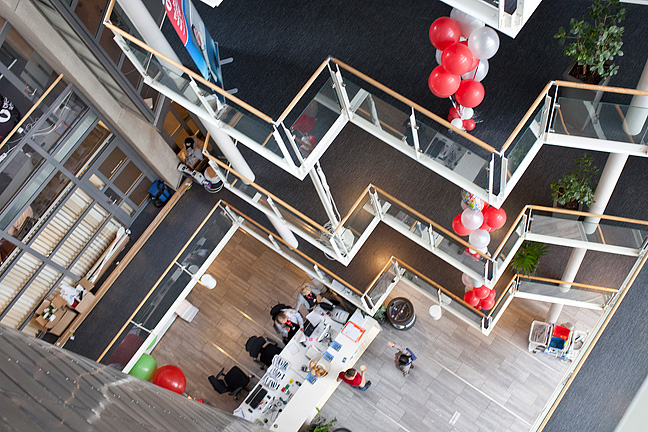
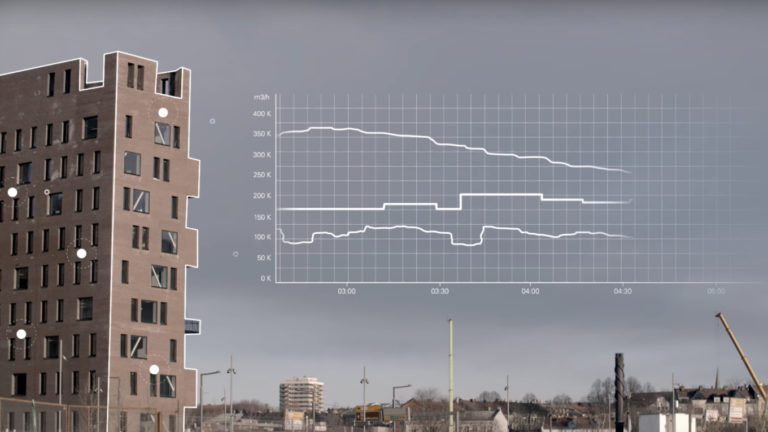
CLEANTECH HUB OSLO
#CleanTech #GovernmentSupport #CleanerEnergy
Despite making its fortune in oil, Norway has been actively pursuing cleaner energy. Not only does the country’s electricity comes almost exclusively from hydropower, it has been actively engaging in the electrification of its cars with the goal of having all new cars to be all-electric by 2025. Electric carmaker Tesla, for example, has benefited greatly from this, selling more cars per capita in Norway than any other country in the world thanks to the government’s generous measures in favour of electric cars including tax exemptions, free city tolls and public parking.
The Norwegian government has also been proactive in supporting a new age of innovation and entrepreneurship, throwing its weight behind initiatives like Innovation Norway, and Investinor, an evergreen investment company backed by the Norwegian government as well as an AI fund, Norwegian.ai, that has an 8 million kroner prize (over €840,000).
For Norway, its recent tech successes include edtech software Kahoot (which has raised over US$58 million, €50 million) and Opera Software, creator of a popular web browser that was bought in 2016 for an estimated US$600m (€521 million) by a consortium of Chinese investors called Golden Brick Capital.
Cleantech and sustainability is a big focus for Norwegian founders. According to Oslo’s State of the City report, there were 78 investments in Norwegian tech companies totaling $100 million in 2018 and about 15% of those investments were focused on sustainability — the highest percentage among the Nordic countries.
These include startups like Airtight, which aims to reduce air leakage from buildings, thus lowering energy consumption. Its smart sensor technology has been awarded with the “seal of excellence” in the Horizon 2020 phase 2 program, meaning that their technology can make a significant contribution to the EU reaching its climate goals.
Another Norwegian success case to know is BRIGHT, which produces solar products such as lamps and battery chargers, catering for world citizens without access to electricity. Its BRIGHT SunBell, a solar lamp and mobile phone charger was recently added to the list of important core relief items distributed by the UNHCR (UN High Commissioner for Refugees).
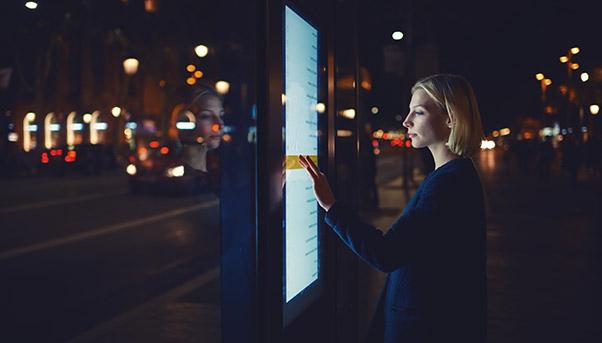
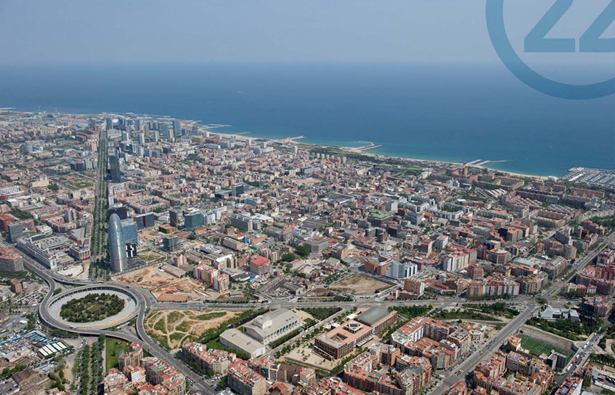
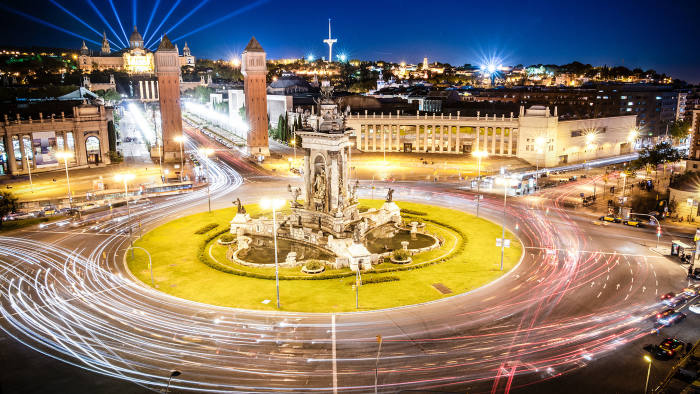
HEALTHTECH HUB HELSINKI
#HealthTech #Genomics #HealthData
As the only Nordic country in the Eurozone, Helsinki offers a great point of access to 27 million people in the Nordic region, 100 million in the Baltic Sea region and 743 million in Europe. Its startups have raised €129 million in 2017, whilst 2018 has seen €210 million raised so far, with the almost 100% growth demonstrating a revitalisation of the startup ecosystem.
Innovation in Finland is most prominently linked to being the home of telecommunications company Nokia, one of the world’s largest mobile phone makers in the past. Other recent developments involve the development of Helsinki’s gaming credentials with success cases such as Rovio (maker of the Angry Birds franchise which IPO-ed in September 2017 for a valuation of US$1 billion, an estimated €870 million) as well as Supercell (maker of the Clash of Clans games which was acquired by China’s Tencent in 2016 for US$8.6 billion, a whopping €7.4 billion).
Today, Helsinki has a different focus, looking to advance its capabilities in HealthTech. It is one of the most advanced testbeds in the world by bringing together factors such as a well-functioning healthcare systems, digital health data, engaged citizens, genomic data & biobacks as well as government support.
This has allowed startups like Blueprint Genetics, founded in 2012, to take full advantage of that increasing interest in the potential of Helsinki’s HealthTech scene. The company provides clinicians and their patients with comprehensive, high-quality tools and resources that help diagnose genetic conditions from its bases in Helsinki, San Francisco and Dubai. It offers customers in over 40 countries more than 220 different diagnostic tests in 14 medical specialities ranging from cardiology (heart-related issues) to neurology (brain-related issues). Using nothing more than a DNA sample to power their one-stop diagnosis shop, they search through the individual’s genome to sniff out everything from hereditary cancers to the potential for heart problems.
LET'S DISCUSS YOUR INNOVATION GOALS!
WHAT TO EXPECT DURING OUR OPEN LEARNING EXPEDITION?
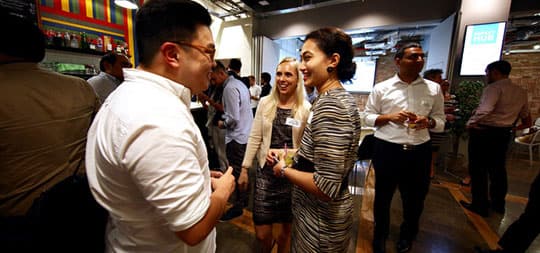
NETWORK OF EXPERTS IN EUROPE
We connect you to inspiring innovators who matter for you and are ready to share their experience and best practices – from disruptive startups to innovative corporates, digital experts and vibrant communities.
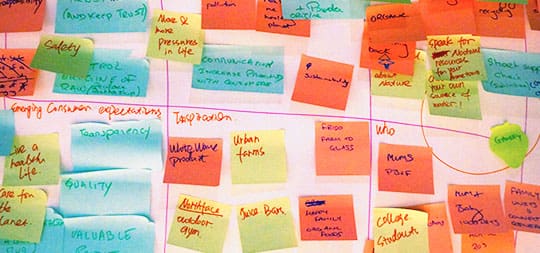
STRATEGIC FACILITATION
We provide a complete experience with workshops and reflection sessions to share insights, foster new thinking and stimulate new ideas.
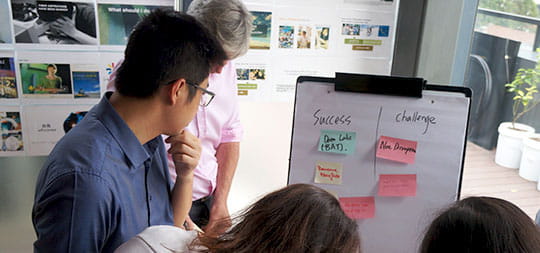
CREATIVE FORMATS
We create results-oriented, 100% tailored and out of the box learning formats – from Learning expeditions to transformation workshops, innovation events or advisory boards.
HOW DOES A LEARNING EXPEDITION WORK?
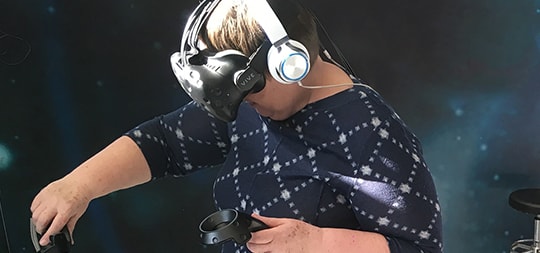
EXPERIENTIAL VISITS & MEETINGS
We test out the latest prototypes and engage in open discussions with innovators to get fresh ideas and learn from their experience
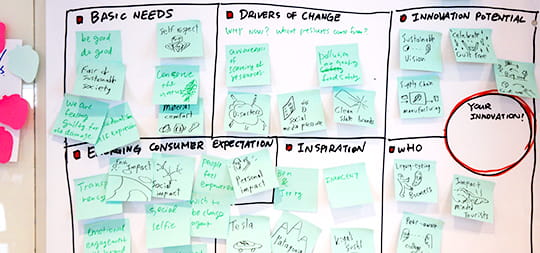
TAILORED PROGRAM
Our innovators are specially curated for you to glean rich insights for your learning objectives
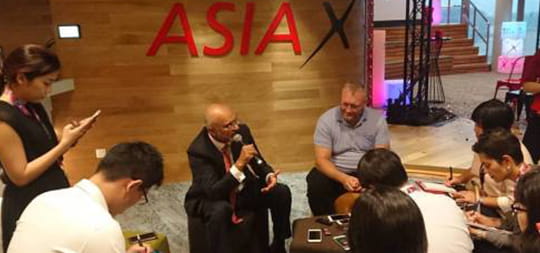
PARTICIPANTS GUIDES & MEETINGS WRAP-UPS
We prepare all meetings with the speakers, provide you with guides for all participants and a wrap-up report of the tour
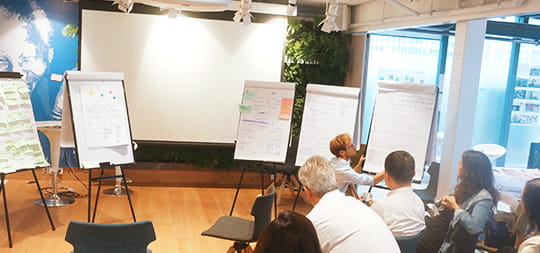
FACILITATION
We organize workshops and reflection sessions to share insights from the visits, foster new thinking and stimulate new ideas

